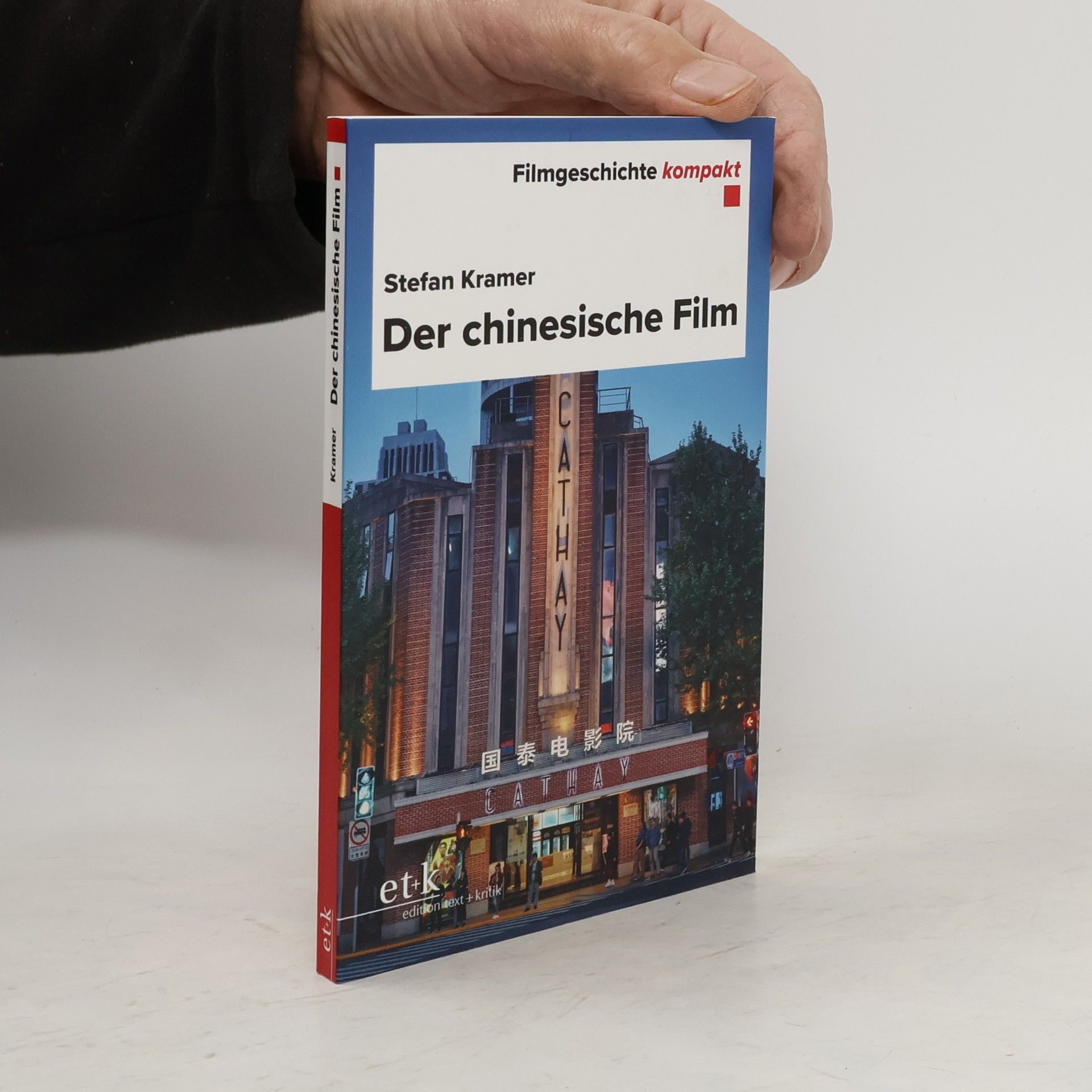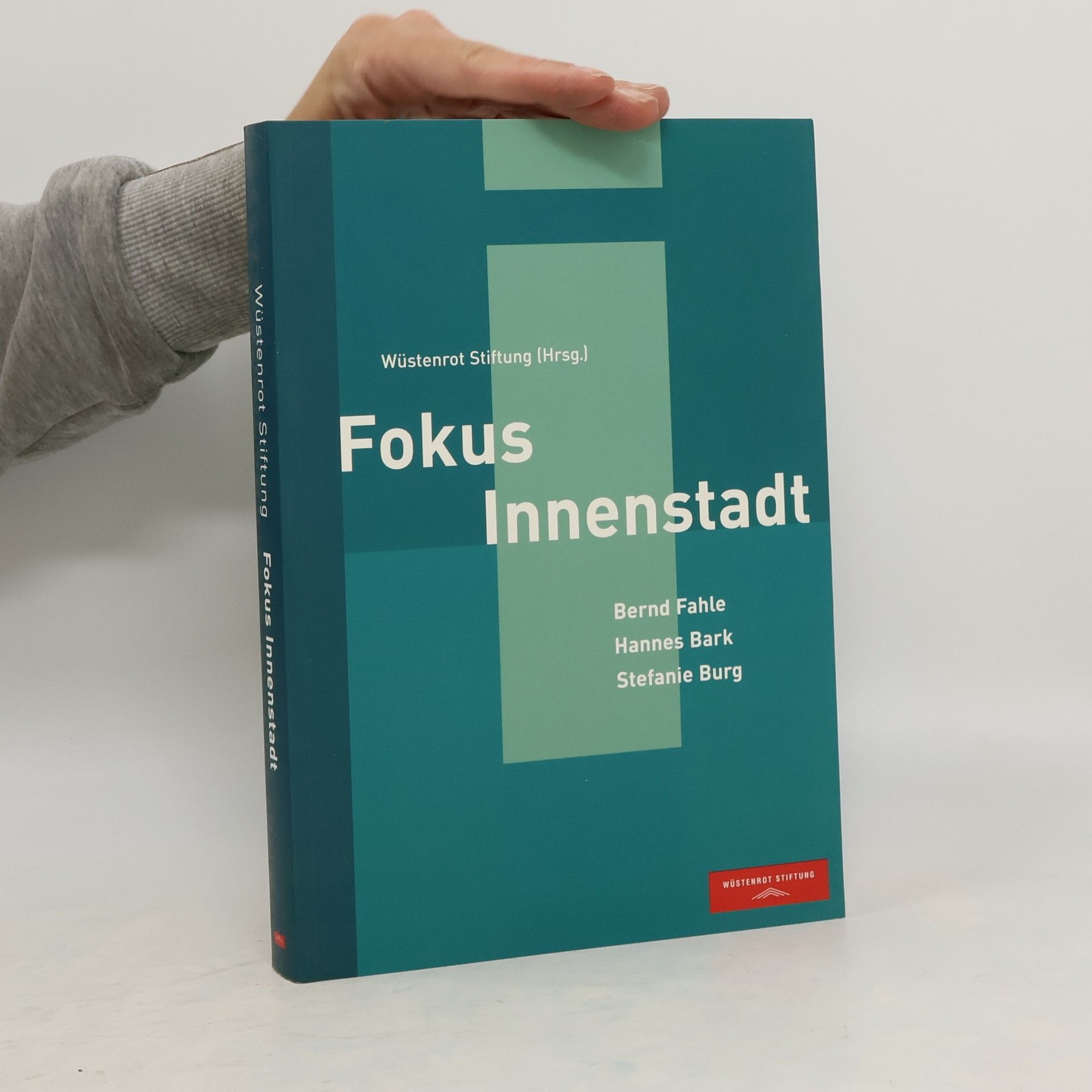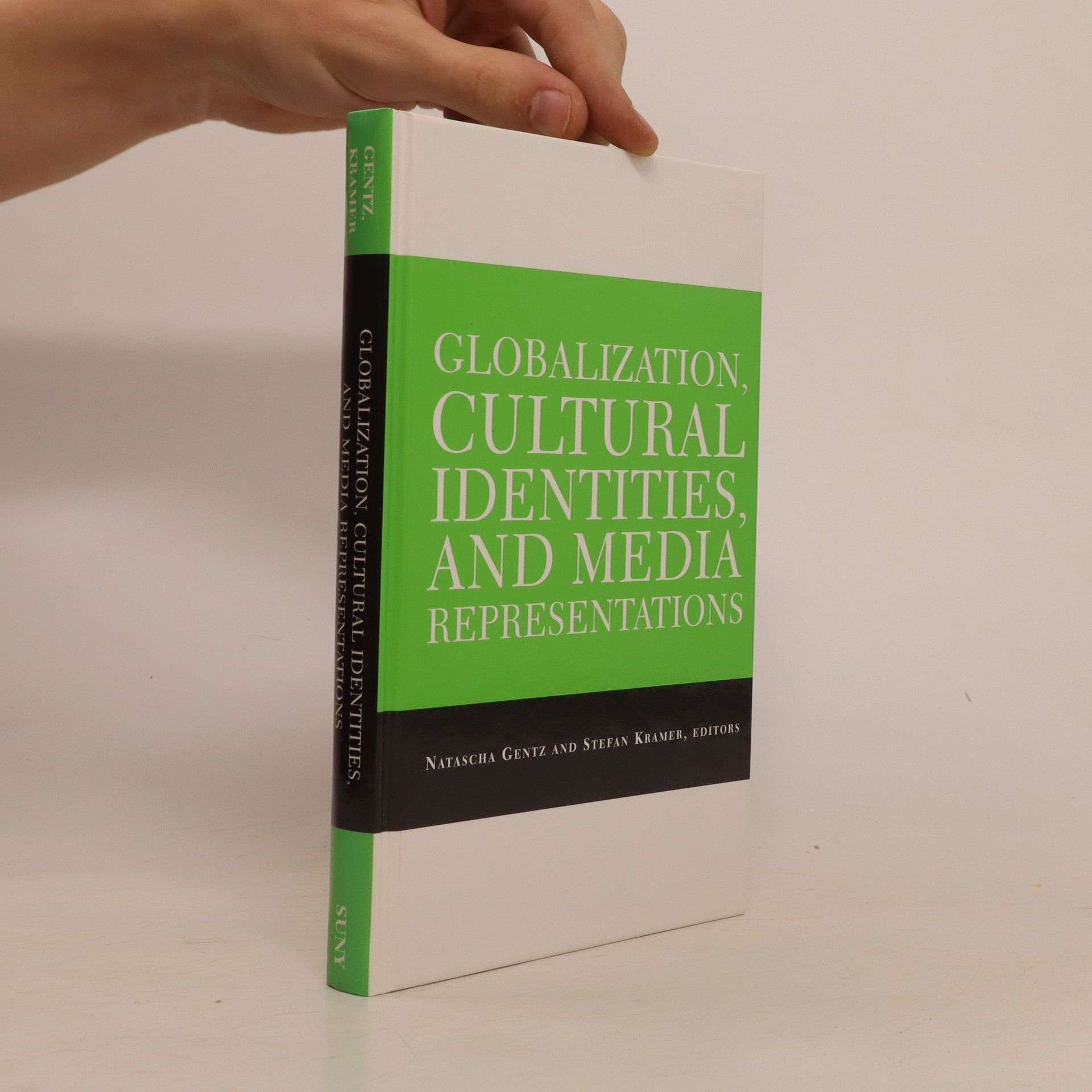Collective myths shape and frame contemporary communication processes as well as the collective subconscious. International contributors from the humanities and social sciences focus on interdependencies between collective myths and decivilizing processes in China and the United States, global economics, and recent technological advances. They highlight long-term de-/civilizing processes also for the globally important survival units India and Turkey, and the violently contested border areas of Afghanistan and Pakistan.
Stefan Kramer Knihy






Explores the role of media in the construction of cultural identities.
Franz Erhard Walther, Perpetuum mobile
- 87 stránok
- 4 hodiny čítania
This catalogue documents the exhibition Perpetuum Mobile , by German artist Franz Erhard Walther (born 1939). A pioneer of participatory art, Walther lays out tactile sculptural pieces that invite both mental and physical engagement, whereby the exhibition is both the site and the result of transformative actions.
Period Rooms können Museen offener, diverser und inklusiver machen. Wie kann das enorme Potenzial dieses heute fast vergessenen Ausstellungsformats genutzt werden? Lange Zeit als altbacken und rückständig abgetan, entdecken Künstler*innen und Kurator*innen Period Rooms wieder, entstauben das Konzept und entwickeln es kreativ weiter. Stefan Krämer liefert die erste systematische Analyse dieser aktuellen Ansätze. Er schließt damit eine Lücke in der museumsgeschichtlichen Forschung und rückt zugleich eine spezifische Form des Displays in den Fokus, durch dessen Einsatz Museen zu Orten multiperspektivischer Verhandlung transformiert werden können.
China gehört zu den vielfältigsten, produktivsten – wenn auch oft unterschätzten – Filmnationen weltweit. Die Geschichte des mandarinsprachigen Films reicht von frühen lokalen Pekingopernfilmen aus dem späten chinesischen Kaiserreich hin zu dem antikolonialen und sozial orientierten Kino der chinesischen Republikzeit zwischen 1912 und 1949. Sie erzählt von den politisch konformistischen, ästhetisch indes oftmals erstaunlich reichhaltigen Werken des sozialistischen Realismus unter der Herrschaft Mao Zedongs. Mit Einsetzen der Reformpolitik Ende der 1970er Jahre machte sie schließlich einem unvergleichlichen Reichtum an Geschichten und Bildern sowie einer tiefgreifenden kinematografischen Reflexion der chinesischen Kulturen Platz, mit denen das chinesische Kino seinen Platz in der weltweiten Filmlandschaft eroberte. Sie blickt nicht zuletzt auf ein thematisch und ästhetisch breit aufgestelltes Kunstkino, mit dem Filmschaff ende sich im 21. Jahrhundert weiterhin der Massenproduktion für weltweit agierende Streamingdienste erwehren.
IT-Arbeitsrecht
Handbuch Digitalisierung, Homeoffice, KI, Virtuelle Betriebsratsarbeit
Zum Werk Die unter dem Schlagwort „Arbeit 4.0“ rasant voranschreitende Digitalisierung der Arbeitswelt erfasst immer mehr Arbeitsbereiche. Die Nutzung der technischen Möglichkeiten durch die Arbeitnehmer und die Kontrolle durch die Arbeitgeber löst dabei eine Vielzahl zum Teil ganz neuer Rechtsfragen aus, wie Homeoffice, Nutzung von Social Media, GPS-Überwachung usw. Auch das kollektive Arbeitsrecht wird vor neue Herausforderungen gestellt, die oft über Betriebsvereinbarungen zu regeln sind. Das Buch geht auch auf strafrechtliche Besonderheiten ein. Die Neuauflage berücksichtigt außerdem die erweiterten Mitbestimmungsrechte durch das Betriebsrätemodernisierungsgesetz. Vorteile auf einen BlickDarstellung zu allen individual- und kollektivarbeitsrechtlichen Fragen beim Einsatz von ITkompakt und verständlichmit Mustern und Praxistipps Zur Neuauflage Die dritte Auflage führt u. a. folgende Themen eingehend aus: Einsatz von Künstlicher Intelligenz (KI), Crowdworker und ihre Eigenschaft als Arbeitnehmer, Homeoffice und die weitere Entwicklung nach der Pandemie, Arbeitgeber als IT-Verantwortlicher, virtuelle Kommunikation über Teams, Zoom etc., Datenschutz in Cloudbasierten IT-Systemen und Einbeziehung des Betriebsrats, Digitalisierung bei Krankmeldung und -schreibung. Zielgruppe Für Fachanwältinnen und Fachanwälte im Arbeits- und IT-Recht, Arbeitgeber- und Arbeitnehmervereinigungen, Betriebsräte und Syndizi.
Die Geschichte des chinesischen Films ist maßgeblich von den gesellschaftlichen und politischen Umbrüchen dieses Jahrhunderts in China geprägt. Stefan Kramer gibt einen Überblick über die Entwicklung des Mediums von der Kaiserzeit bis hin zu dem international bekannt gewordenen Avantgarde-Kino der 80er und 90er Jahre.
